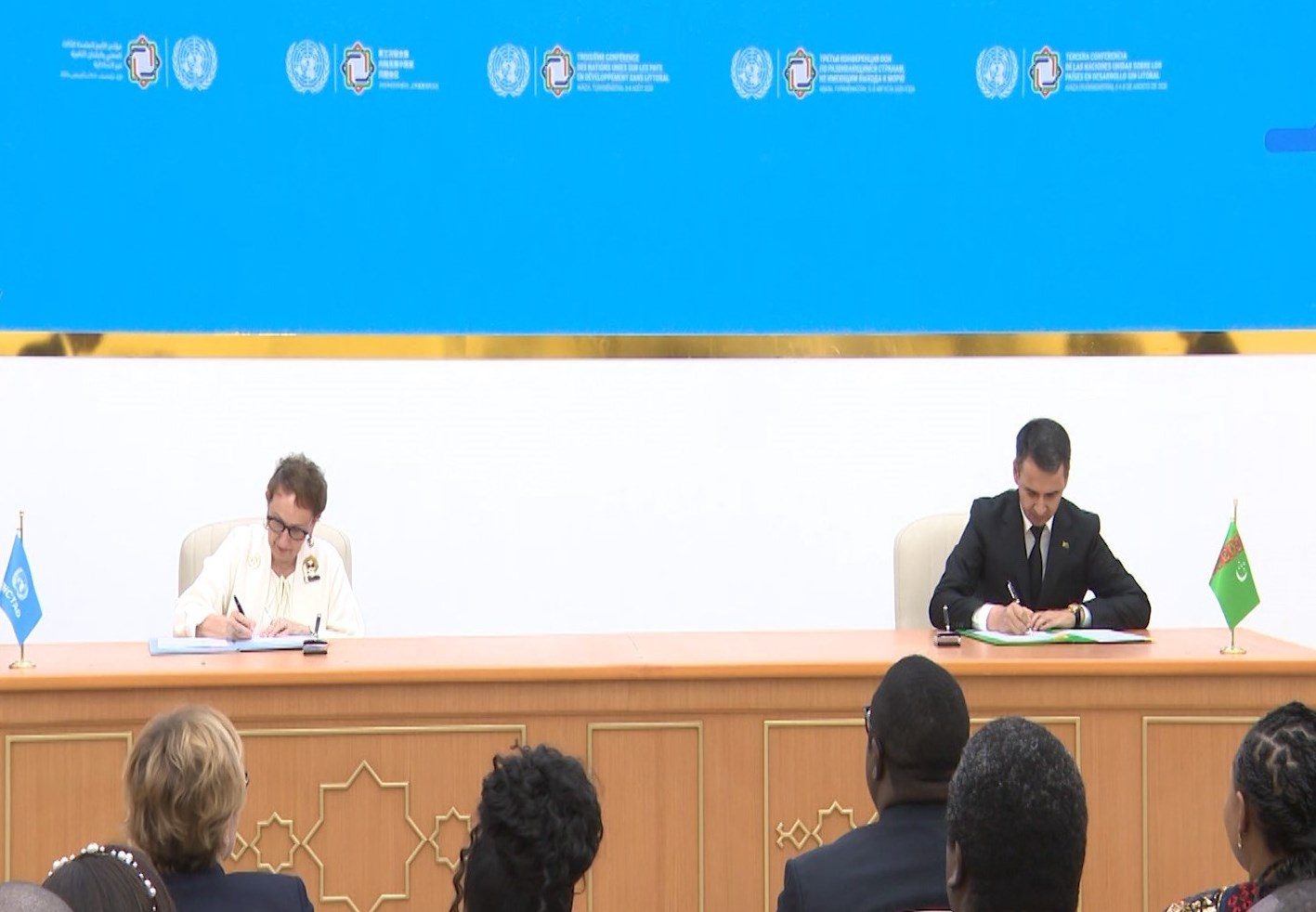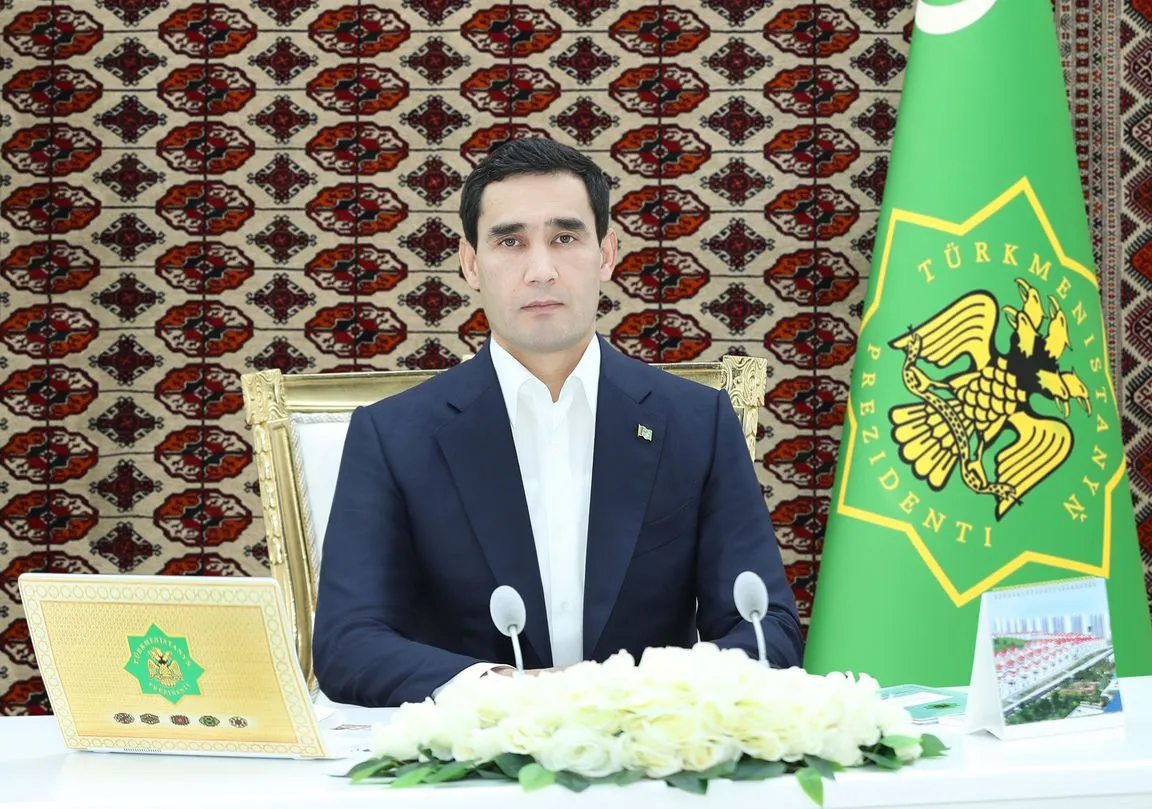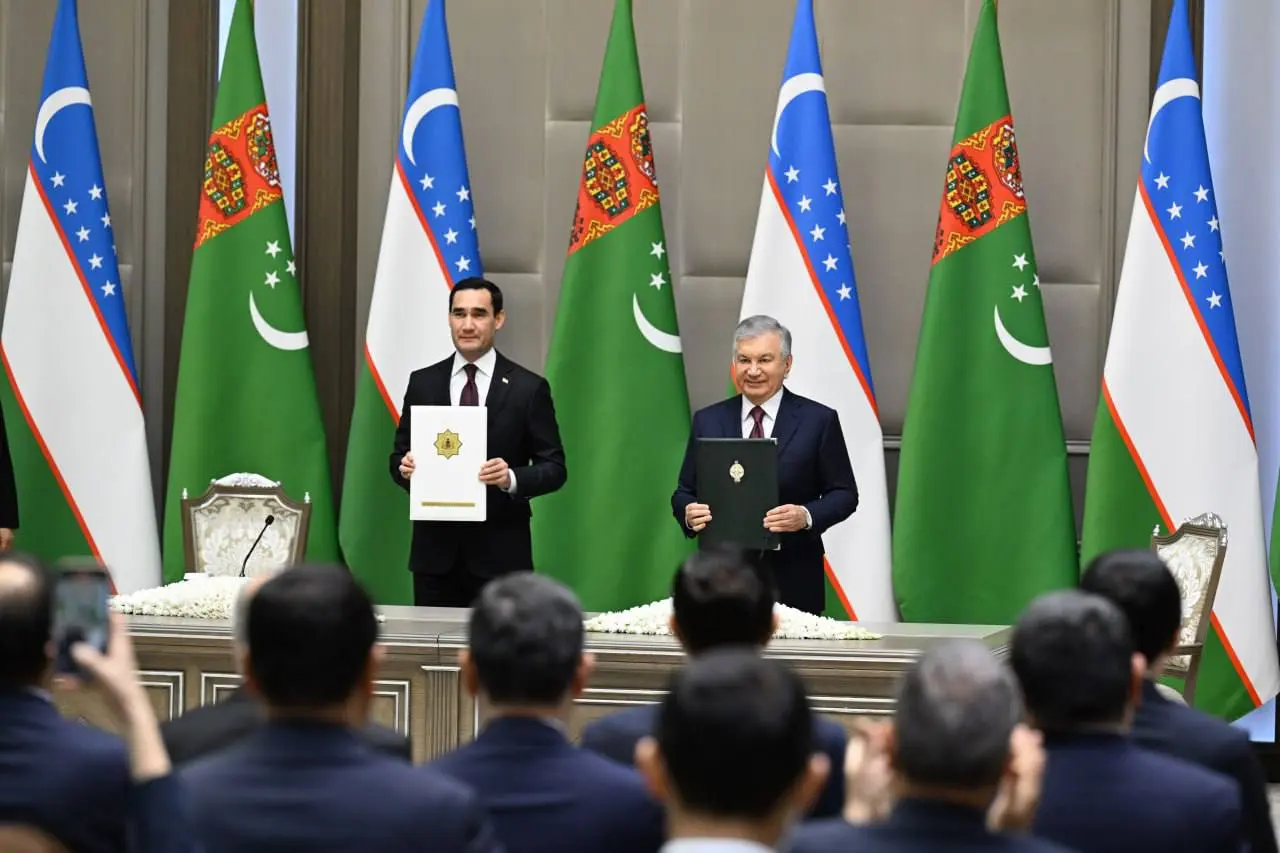Playlist


Turkmenistan and UNCTAD have launched the third phase of the project to digitize customs processes.
The State Customs Service of Turkmenistan and the United Nations Conference on Trade and Development (UNCTAD) have signed a project document marking the launch of the third phase of a joint initiative to digitize Turkmenistan’s customs system and lay the foundation for the operation of a “smart customs” system.
According to the Customs Service website, the document provides for the implementation of modern information technologies, automation of key processes, increased transparency and efficiency in customs administration, as well as the development of human resources.
The agreement signing took place in the National Tourist Zone “Avaza” and was accompanied by a bilateral meeting between the Chairman of the State Customs Service of Turkmenistan and UNCTAD Secretary-General Rebeca Grimson, who highly praised the country’s efforts in digital transformation.
The signing of the document is a logical continuation of the previous phases of digitalization implemented with the assistance of UNCTAD.
Most viewed


National Leader of the Turkmen people pays working visit to Balkan region of Turkmenistan
The National Leader of the Turkmen people, Gurbanguly Berdimuhamedov, paid a working visit to the Balkan region of Turkmenistan today. During the trip, the Chairman of the Halk Maslahaty of Turkmenistan reviewed issues related to the high-level organization of major international events scheduled to be held in Turkmenistan in 2026, in line with the country’s foreign policy strategy.
As part of the visit, the National Leader of Turkmenistan examined project proposals concerning the readiness of facilities planned for international events along the Caspian Sea coast. Attention was given to the landscaping of surrounding areas, the modern design of entrance zones, the level of interior equipment, the layout of venues for various stages of international forums, and the progress of interior finishing works in buildings intended for large-scale conferences.
Gurbanguly Berdimuhamedov emphasized that all necessary conditions must be created for international guests attending events in Turkmenistan. He also highlighted the importance of fully integrating digital technologies into these facilities and provided guidance to relevant officials.
During the working trip, the National Leader conducted an aerial inspection by helicopter over the Avaza National Tourist Zone, where he reviewed ongoing construction projects. Upon completion of the visit to the Balkan region of Turkmenistan, Gurbanguly Berdimuhamedov returned to Ashgabat.
Blitz


